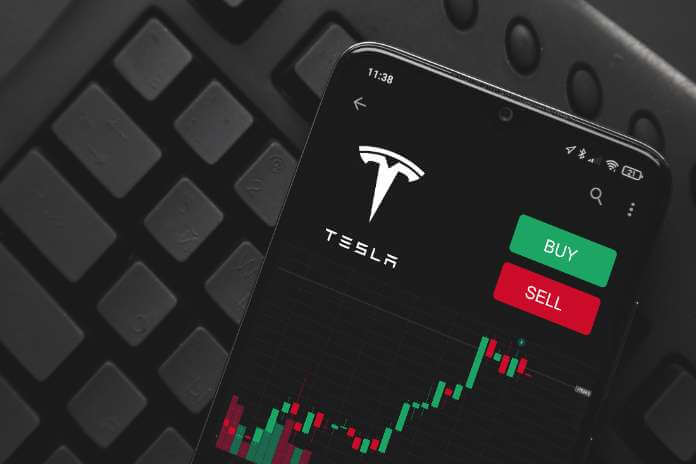Elon Musk is renowned for challenging conventions, a trait that is currently causing concern among Tesla Inc.’s (NASDAQ:TSLA) investors.
The company’s shares are enduring their longest downturn since late 2022, plummeting nearly 19% over the past seven days amid apprehensions about its business strategy amidst a slump in electric vehicle sales.
The latest apprehension revolves around fears that Musk, Tesla’s CEO, will unveil plans during Tuesday’s earnings call to scrap the launch of a more affordable model and instead prioritize the development of a fully self-driving vehicle — a venture fraught with significant regulatory and commercial hurdles. This departure from analysts’ expectations could leave Tesla lacking near-term growth catalysts, especially as it’s anticipated to report its first quarterly sales decline since the onset of the pandemic in 2020.
Until a few weeks ago, the primary focus for the first-quarter results was on Tesla, Inc.’s (NASDAQ:TSLA) vehicle sales fundamentals. According to Barclays Plc analyst Dan Levy, Tesla was contending with a highly challenging situation marked by a significant delivery miss, the risk of no volume growth in 2024, and additional pressure on margins. Levy maintains a neutral rating on the stock.
Levy noted that these concerns have now taken a back seat to a larger issue: “An investment thesis pivot.”
Such apprehensions have driven the stock down by nearly 43% this year through Monday’s close, reaching $142.05, its lowest level in 15 months. It ranks as the second-worst performer in the S&P 500 this year, trailing only Globe Life Inc., an insurance company targeted by short sellers. On Tuesday, the shares were down 0.5% at 9:41 a.m. in New York.
The decline in the stock this year raises the risk that any disappointment in Tuesday’s earnings report or Musk’s conference call could exacerbate the situation, according to technical analysts. They see the drop below $150 as breaching a critical support level.
Todd Sohn, ETF and technical strategist at Strategas Securities, described the stock as currently being in a precarious position, with a significant gap between its current value and a potential drop below $100.
While Musk has announced the unveiling of Tesla’s Robotaxi in August, plans for the cheaper vehicle remain uncertain. Tesla may simply delay the production of the less expensive car rather than shelving it altogether.
However, concerns about Tesla’s strategy are heightening investor nervousness at a time when the company is already grappling with slowing growth, shrinking margins, and subdued sales. Analysts’ forecasts for vehicle deliveries in the first quarter were exceeded by the most significant margin in at least seven years.
Expectations for first-quarter earnings have been slashed to 52 cents a share over the past 12 months, half of the initial projections. Over that period, the revenue forecast has dropped approximately 22% to now stand at about $22.3 billion, while estimated free cash flow has plunged by 70% to around $654 million.
Despite the recent decline, Tesla’s stock price still appears elevated by some metrics: At nearly 47 times forward earnings, it’s significantly pricier than every other member of the so-called Magnificent Seven tech stocks.
On the flip side, the prevailing negative sentiment has set a relatively low bar, offering the potential for a relief rebound.
Steve Sosnick, chief strategist at Interactive Brokers LLC, noted that the news flow and psychology surrounding Tesla have become so negative that a modest miss may already be getting priced in.
However, history suggests otherwise. Tesla shares have dropped at least 9% the day after the past four quarterly reports, and options trading implies expectations of an 8% move in either direction following Tuesday’s numbers.
Demand for short-term puts paying off on a 10% slide has surged to its highest premium over equivalent calls since November, indicating that investors are willing to pay more for protection in case the stock falters, rather than options positioning for gains.
Sosnick emphasized the critical importance of earnings. He noted that if there is a significant disappointment, then a drop to $100 is likely.
Featured Image: Megapixl















